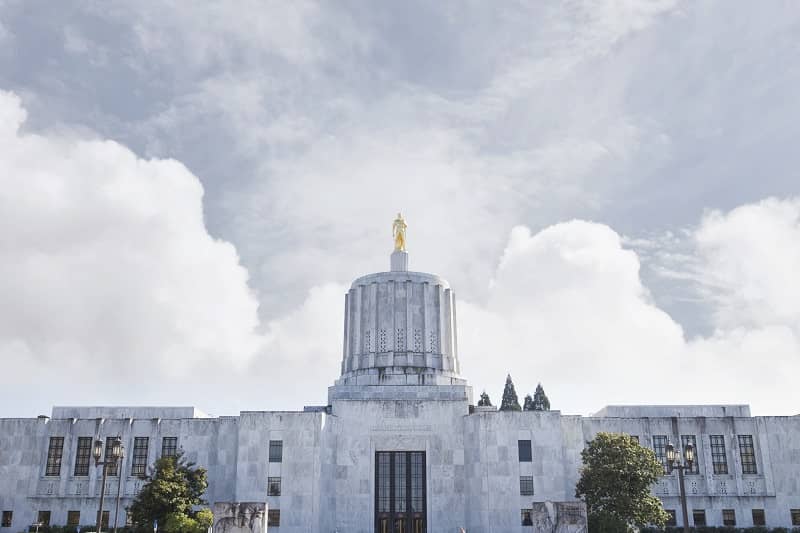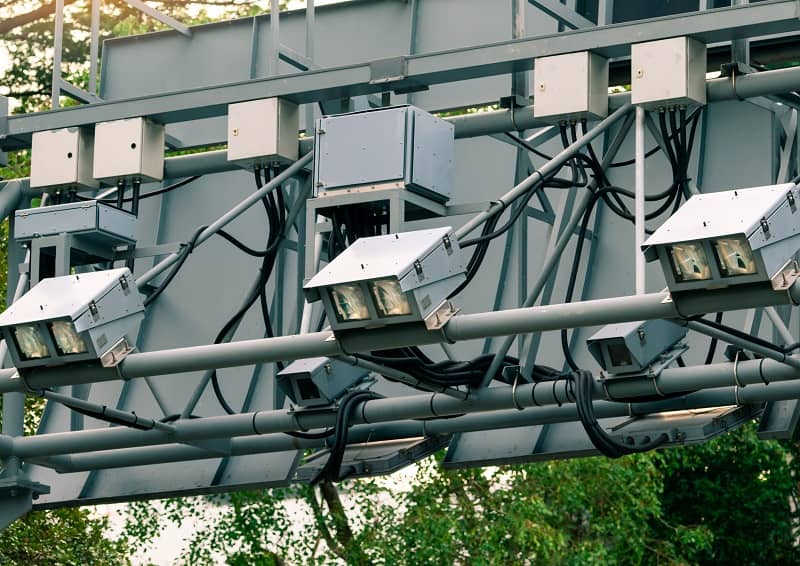

Listen to the testimony at 0:30-6:21 on this audio file.
Mr. Chairman, although I look forward to someday driving an electric vehicle, subsidizing the industry is a bad idea. There is already a generous federal subsidy program for electric vehicles, beginning January 1, 2010. Tax credits for plug-in electric passenger vehicles and light trucks will range from $2,500 to $7,500, depending on battery capacity.The first 200,000 vehicles sold by each manufacturer will be eligible for the full tax credit; the credit will then phase out over a year. There is no need for us to pile on with more giveaways.
HB 3253 assumes that battery powered vehicles will be superior to those using conventional fuels, and thus there is some “public interest” worth subsidizing. But there’s no way of knowing in the abstract if indeed there are any benefits. Battery-powered vehicles emit no air pollution while driving, but they generate emissions while charging. Gasoline/diesel cars pollute while being used, but not while sitting.
In any particular case, we can’t know ahead of time what fuel will be used, and we can’t know the source of electricity being used to charge batteries. It’s possible that battery-powered vehicles will be a slight step forward for local air quality by a step backwards for regional air quality.
Electric vehicles will pay no gas taxes under this bill; the response from advocates on this point yesterday was not adequate. It doesn’t matter that electric vehicles will have a tiny market share; every road user needs to pay a road use fee.
The “Oregon-only” provision is also bad public policy. Auto manufacturing is a global business; consumers should be able to buy vehicles built anywhere in the world. While it’s fine to “buy-Oregon” with your own private dollars, state policies should recognize the long-established principle of “comparative advantage” articulated in the early 19th century by Robert Torrens and later by David Ricardo.
Attempting to pick winners and losers through the political process, as this bill does, is doomed to fail. History is littered with examples of dominant technologies pushed aside by upstarts, or conventional wisdom overturned by a lone contrarian. Are you encouraging the next Edsel or the next Mustang?
Even if you undertook real “due diligence” for this subsidy – which you’re not going to do – none of us can predict the future. Therefore the best policy is to encourage private investors to bear all the risks of betting on the wrong horse, while rewarding the good investments with low tax rates.
The proposed amendment to offset the cost of this bill by reducing/eliminating the current subsidy for hybrid-electrics underscores the problem with political selection of technologies. For the past 7-8 years, hybrids have been the fair-haired child. Now hybrids are being kicked to the curb, simply to be replaced with the current trendy technology.
Will we be back here in 4 years discussing the next “big thing” seeking subsidies, and looking to repeal the new electric vehicle giveaway? We probably will if you pass this bill.











